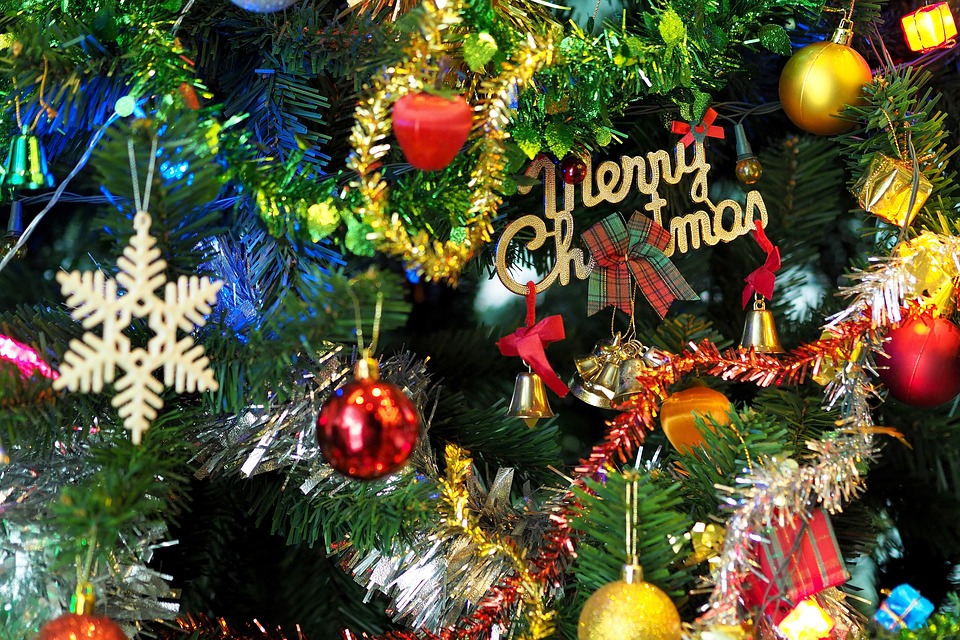Christmas is a time filled with joy, traditions, and a rich vocabulary that reflects the holiday’s historical and cultural significance. From “Nativity” to “Yule,” the various Christmas words we use today carry stories that trace back through centuries, revealing how language and celebration are intertwined. This blog offers a brief overview of these terms, exploring their origins and meanings to enrich our understanding of the Christmas spirit. By delving into the historical context of these Christmas words, we can appreciate not just the festivities of the season, but also the deep-rooted customs that continue to shape our holiday celebrations. Join us as we uncover the fascinating language of Christmas and its enduring significance in our lives.
Origins of Christmas Words
The origins of Christmas words are steeped in history. They reflecting a fascinating evolution of language and tradition. The term “Christmas” itself derives from the Old English Cristes Maesse, meaning “Christ’s Mass,” highlighting its religious significance as a celebration of the birth of Jesus Christ. Over the centuries, this term has evolved to encompass the broader merriment associated with the holiday season. Meanwhile, “Yule” traces its roots back to ancient pagan celebrations of the winter solstice, where feasting and merriment were central, illustrating how pre-Christian customs have woven themselves into modern Christmas traditions.
Similarly, the word “Noel,” which comes from the French term for “Christmas” (Noël), is linked to the Latin natalis, meaning “birth,” reinforcing the joy and festivity surrounding the nativity scene. Together, these words embody the rich tapestry of cultural influences that contribute to our contemporary understanding of Christmas.
Festive Words with Religious Significance
Amidst the festive cheer of the holiday season, certain Christmas words carry profound religious significance that enriches the spiritual experience of Christmas. “Advent,” derived from the Latin adventus, meaning “coming,” marks the period of preparation and anticipation leading up to Christmas, inviting believers to count down with hope as they await the celebration of Christ’s birth. At the very heart of the Christmas story lies the word “Nativity,” which refers to the birth of Jesus and is often depicted in cherished scenes that remind us of humility and grace.
Finally, the term “Epiphany” signifies a powerful moment of revelation, traditionally celebrated on January 6, when the Magi visited the infant Jesus, symbolizing the manifestation of Christ to the world. These words not only highlight the sacred aspects of the holiday but also invite deeper reflection on the themes of hope, humility, and divine revelation that resonate throughout the Christmas season.
Cheerful Words of Festivity and Celebration
The spirit of Christmas comes alive through a delightful array of Christmas words that embody festivity and celebration. “Mistletoe,” often associated with love and merriment. Its root in ancient Celtic traditions and famously linked. The custom of kissing underneath. its green boughs, symbolizing peace and goodwill. Another integral part of holiday cheer is the “Carol,” which refers to joyful songs sung during the season, fostering a sense of spirit and togetherness among families and communities. These melodies, often steeped in history and tradition, invite people to unite in celebration.
Additionally, “Holly” and “Ivy” play significant roles in holiday decor, representing nature’s enduring beauty during winter. Holly, with its vibrant red berries and sharp green leaves, symbolizes protection and goodwill, while Ivy stands for fidelity and eternity. Together, these cheerful words not only enhance the joyous atmosphere of Christmas but also connect us to the rich tapestry of traditions that have evolved over centuries.
Iconic Santa-Related Terms
No discussion of Christmas vocabulary would be complete without exploring iconic Christmas words related to Santa Claus and his festive lore. The name “Santa Claus” evolved from the historical figure of Saint Nicholas, a 4th-century Greek bishop known for his generosity and gift-giving, which transformed over time into the jolly, bearded character we recognize today. This evolution reflects a blend of cultural influences and traditions that have shaped the modern image of Santa. Accompanying him are the beloved “reindeer,” most notably Rudolph, whose glowing red nose became a symbol of hope and guidance, further enriching Santa’s enchanting mythology.
The story of Santa wouldn’t be complete without the imagery of “stockings” and “chimneys,” which have their roots in tales of secret gift-giving that originated from Saint Nicholas’s benevolent acts. This delightful combination of terms not only evokes the magic of the season but also highlights the whimsical narrative surrounding Santa Claus, bringing joy and wonder to celebrations around the world.
Words That Evoke Warmth and Togetherness
As we gather to celebrate the Christmas season, certain Christmas words evoke feelings of warmth and togetherness, reminding us of the essence of the holiday. The “Hearth,” often regarded as the heart of the winter home, symbolizes comfort, family, and the warmth of shared moments around a crackling fire. It is a place stories told, laughter shared. They bonds strengthened, creating lasting memories during the chilly season. Complementing this sense of togetherness is the word “Feast,” which represents the culinary traditions that unite generations, bringing families together over tables adorned with seasonal dishes and sweet treats.
These shared meals not only nourish the body but also celebrate heritage and community. Additionally, the words “Peace” and “Goodwill” resonate deeply during this time, representing universal aspirations that transcend cultures and beliefs. They capture the spirit of generosity and compassion that Christmas embodies, encouraging us to extend kindness and understanding to one another. Together, these words illuminate the core values of the holiday season, fostering connection and harmony among all.
Modern Christmas Vocabulary
In contemporary celebrations, new Christmas words have emerged, reflecting changing traditions and cultural influences. One such term is “Xmas,” an abbreviation for Christmas that has sparked debate over its perceived commercialization. Interestingly, this abbreviation has ancient roots; the “X” in “Xmas” comes from the Greek letter Chi, the first letter of “Christ.” Despite the controversy, it highlights how language evolves alongside our customs. Modern festivities also embrace lighthearted traditions, such as “Ugly Sweaters” and “Secret Santa.” The Ugly Sweater phenomenon has turned into a fun social event, where participants don quirky, often comically bad holiday sweaters, fostering laughter and camaraderie.
Meanwhile, “Secret Santa” adds an element of surprise and generosity, as friends and family anonymously exchange gifts, emphasizing the spirit of giving. Lastly, the term “Holiday Movies” has become a buzzword in seasonal pop culture, encompassing a wide array of films that capture the essence of Christmas and the holiday spirit, from heartwarming classics to contemporary comedies. Together, these modern terms illustrate the evolving nature of Christmas vocabulary, reflecting how we celebrate and connect in today’s society.
Conclusion
In exploring the rich tapestry of Christmas words and their historical significance, we uncover a remarkable blend of traditions, cultures, and values that shape our holiday celebrations. From the religious connotations of terms like “Advent” and “Nativity” to the festive cheer encapsulated in words like “Mistletoe” and “Carol,” each term carries a story that enhances our understanding of Christmas. As we embrace modern vocabulary such as “Xmas” and “Secret Santa,” we recognize how language evolves while still honoring the essence of the season. Ultimately, these words not only enrich our holiday experiences but also connect us to the warmth, joy, and goodwill that define Christmas. As we gather with loved ones, let us cherish the meanings behind these terms, allowing them to inspire a deeper appreciation for the traditions and values we share during this special time of year.

